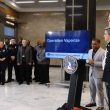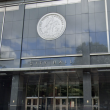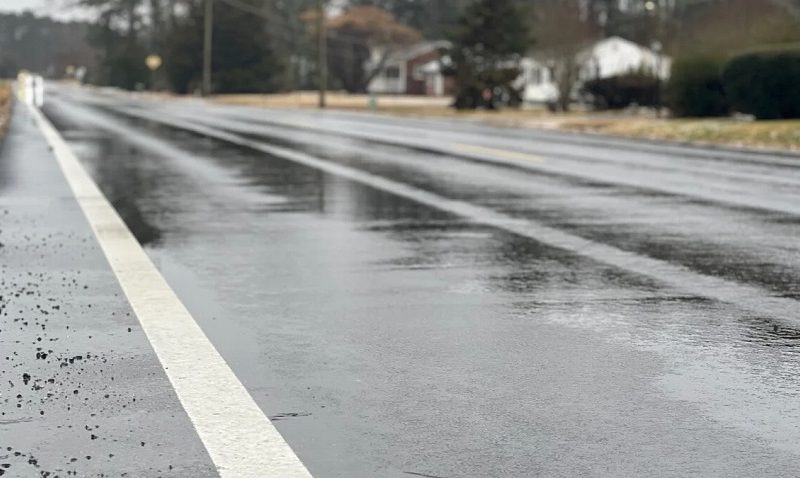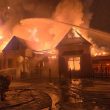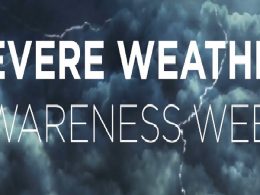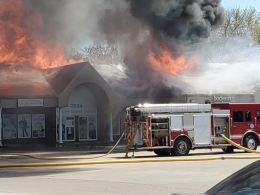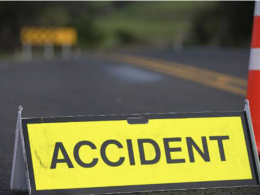Richmond, VA — As frigid temperatures continue to sweep across Virginia, safety officials are urging drivers to avoid unnecessary travel due to hazardous road conditions. After a day of snow and slush, the overnight freeze is expected to turn roads into sheets of black ice, significantly complicating travel.
Virginia State Police (VSP) reported a busy day responding to accidents caused by the storm. By early morning, officers had responded to nearly 250 crashes across the state, underscoring the dangerous conditions that have plagued commuters. While some areas are seeing snow melt, standing water and slush left behind are expected to freeze solid as temperatures plummet.
“The roads are going to be extremely hazardous overnight,” said Morgan Dean, a representative from AAA. “With temperatures dropping quickly, snow, ice, slush, and even rainwater will freeze, creating black ice that may not be immediately visible. What seems like a wet road at 4 p.m. could easily become a dangerous sheet of ice by 6 or 7 p.m.”
Crews from the Virginia Department of Transportation (VDOT) are focusing on clearing major highways and interstates, but secondary roads and residential streets remain snow-covered and slippery. Officials warn that road conditions may not improve until tomorrow, and the morning commute could be particularly troublesome for many drivers.
“Tomorrow morning’s commute could be really hazardous, especially for those trying to get out of neighborhoods that haven’t been plowed,” Dean added.
For those who must drive, safety experts recommend sticking to cleared roads or using the tire tracks left by other vehicles. These areas are generally safer, as the tire treads have compressed the snow and ice, bringing the surface closer to the pavement. Drivers are also encouraged to take extra precautions by checking their vehicle’s tires, brakes, and headlights before heading out.
“Gentle driving is key,” said Dean. “Be careful on the brakes, take it easy on turns, and reduce your speed. The roads are icy, and even the slightest misstep could lead to a dangerous situation.”
In addition to preparation, experts suggest packing an emergency kit with essentials like jumper cables, blankets, a first aid kit, and non-perishable snacks. Special attention should be paid to bridges, overpasses, and interstates, which tend to freeze faster than other road surfaces.
With freezing temperatures expected to persist throughout the night, safety officials continue to strongly advise against unnecessary travel. As conditions worsen, drivers are urged to stay updated on the latest road conditions and weather alerts.
For now, authorities are focused on clearing the most critical routes, but many areas may face a prolonged recovery. Until conditions improve, Virginia residents are urged to prioritize safety and avoid non-essential travel.

